From the field of artificial intelligence to the world of biology, microbiology, and probiotics associated with the vitality of whiteleg shrimp is a step 'beyond the framework' of Dr. Nguyen Thanh My.
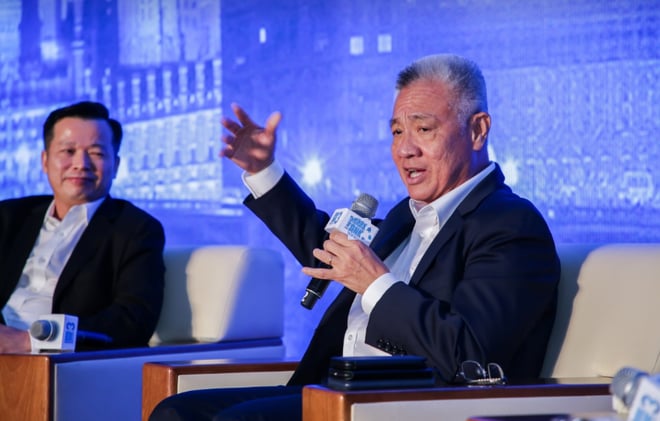
After more than 25 years of living and working in North America, Dr. Nguyen Thanh My returned to his hometown of Tra Vinh in 2004 to establish Mylan Group.
After nearly 10 years of starting a business in the field of high-tech agriculture at the age of 60 and reaping many achievements thanks to his "outside the box" thinking, Dr. Nguyen Thanh My, Chairman of the Board of Directors of RYNAN Holdings JSC, is still struggling to find solutions to help farmers in his hometown in the West.
High-tech agriculture to address farmers' urgent needs
Talking about high technology, digital transformation, especially in the field of agriculture, the tone of the scientist who is over 60 years old is full of excitement and enthusiasm. Dr. Nguyen Thanh My shares the first story about his good relationship with agriculture through the decision to "start a business".
After more than 25 years of living and working in North America, Dr. Nguyen Thanh My returned to his hometown of Tra Vinh in 2004 to found Mylan Group, specializing in chemicals and high-end materials for the printing industry. This was the first high-tech company in one of the poorest provinces in the Mekong Delta at that time. At the end of 2015, he announced his retirement from the group.
From his eldest son's suggestion to invest in smart agriculture while noticing that the trees in his hometown (Long Tri island) were gradually turning brown due to saline river water, in early 2016, Mr. My established RYNAN Technologies Vietnam. The company specializes in researching, manufacturing and supplying equipment related to water quality monitoring, such as: water monitoring buoys, smart pumps, water level sensors...
Mr. My said that with the support of the International Fund for Agricultural Development (IFAD), the company has deployed about 100 buoy stations and smart saline intrusion monitoring and flood monitoring stations in most provinces in the Mekong Delta and other provinces.
“Instead of measuring water salinity with manual tools, which is time-consuming and ineffective, the installed monitoring system helps Tra Vinh people use mobile applications to continuously and accurately monitor and forecast the situation of saltwater intrusion, minimizing damage and serious problems caused by water shortages,” Mr. My proudly shared.
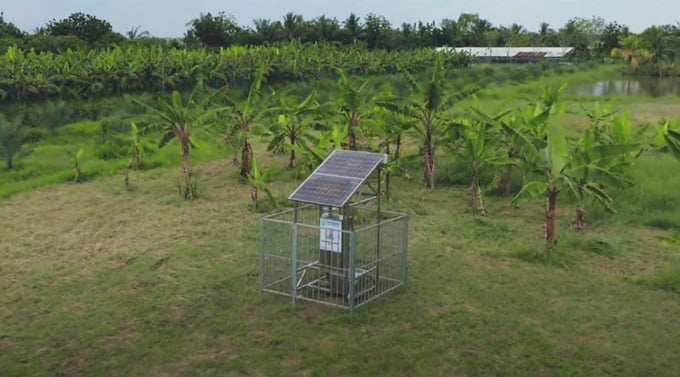
The insect monitoring map is built mainly based on daily collection of pest and natural enemy data from intelligent insect monitoring stations (IMS), installed in rice fields, fruit orchards and industrial forests.
After that, Mr. My led RYNAN to the next project, which was to build a smart insect monitoring system according to the Integrated Pest Management (IPM) program. The smart insect monitoring station developed by RYNAN uses AI to automatically identify, count the quantity, density, and types of pests, harmless natural enemies, and automatically issue warnings and forecasts for pests. Currently, the company has nearly 140 smart insect monitoring stations installed in the provinces of the Mekong Delta, Lam Dong, Nghe An, Ninh Binh, Quang Ninh, etc. and has installed 52 stations in Japan and 1 station in Thailand and is continuing to deploy more at other locations in Japan and Thailand.
With the first projects, Dr. Nguyen Thanh My realized that when embarking on the path of smart agriculture, it is aimed at solving the urgent needs of farmers. Thus, with the "push" from the State, businesses can join hands to develop models and networks that can operate and "feed" themselves to serve farmers in the long term.
'Outsiders' want the right communication to bring technology to agriculture
Stepping from the field of artificial intelligence to the world of biology, microbiology, probiotics... associated with the vitality of whiteleg shrimp was a "step beyond the framework" of Dr. Nguyen Thanh My. This came from the first time entering a shrimp farm of a business and realizing the inappropriate model with "1 ton of shrimp using 9,000 cubic meters of water, 6,000 kW of electricity" and no plan to separate waste from water.
Accordingly, Mr. My and engineers have researched a shrimp farming method using TOMGOXY technology, which helps increase the efficiency of resource use such as land, water, and energy, while reducing greenhouse gases through mangrove planting.
If in the past, farmers abandoned mangroves to build shrimp ponds, with the new model from the enterprise that Mr. My cooperated with to develop technology, farmers can move towards more "ethical" and environmentally friendly shrimp farming.
“It was the result of a painstaking research process, eating and sleeping with shrimp by 83 engineers for 6 months. The TOMGOXY technology was born to help reduce energy consumption by 1/3, ensure shrimp quality by enriching oxygen with pure oxygen and not causing greenhouse gas emissions,” Mr. My shared.
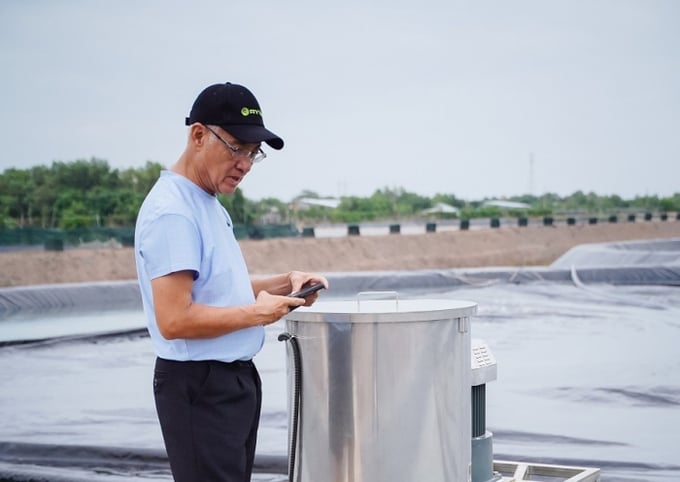
Dr. Nguyen Thanh My participates in the research and development of the Tomgoxy model, "ethical" shrimp farming that helps save energy and reduce greenhouse gas emissions.
In addition to these achievements, Dr. Nguyen Thanh My also shared his hopes for some AI projects for the agricultural sector such as building a map of insects for the world to avoid the use of pesticides, participating in building a tool to measure methane gas in the fields combined with satellite data... With these ideas, Mr. My hopes to be able to turn what cannot be seen into what can be seen, thereby helping farmers earn more money from farming.
However, according to Mr. My, private enterprises in the field of high-tech agriculture, especially startups, still face some difficulties in mechanisms and policies. Startup advice from an entrepreneur with decades of experience shows that the successful agricultural startup model requires effective cooperation with the public sector and aims towards community benefits instead of economic goals.
“Farmers should be the beneficiaries of high-tech agriculture. With the mission of helping farmers have a more prosperous life, the participation of private companies can help the State invest more effectively. However, the coordination between the public and private sectors is facing certain limitations that need to be resolved,” Mr. My raised the issue.
In fact, with the participation of businesses and international organizations, farmers are provided with more information and skills in farming and agricultural practices. Thus, businesses are one of the bridges for farmers to approach new technology.
Once the problems in the mechanism are resolved, Mr. My believes that with the capabilities of Vietnamese engineers and the investment support of businesses, the deployment of agricultural technology to benefit farmers will not be difficult.
In addition, communication also plays a decisive role in conveying the business model and ideas to farmers. Communication is not only a bridge between businesses and people, but also a powerful tool to raise awareness, disseminate knowledge and call for cooperation from stakeholders.
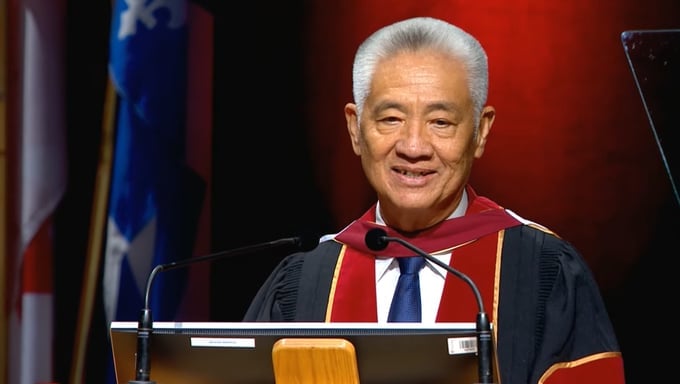
Dr. Nguyen Thanh My received an honorary Doctor of Laws degree from Concordia University (Canada) in early June.
Effective communication helps farmers better understand the benefits of new technology, thereby encouraging them to apply smart agricultural solutions in production. At the same time, it also helps businesses build trust and reputation in the community, creating a solid foundation for expansion and development.
With knowledge constantly changing thanks to the contributions of scientific and research achievements, Mr. My believes that proper propaganda and communication is also a decisive factor in helping farmers understand technology and digital transformation in agriculture.
On the other hand, farmers benefiting from achievements from technology and digital transformation and achieving efficiency in agricultural development can also become a "catalyst" to promote a more open mechanism for businesses.
In addition, from the cooperation with universities, starting with Tra Vinh University to build the Applied Chemistry Department, Mr. My believes that promoting the Co-op cooperation model between the Institute and enterprises is also a good direction to train high-quality human resources for the industry. This is also a solution to help enterprises express their needs in finding human resources and create an environment for students to approach the industry in a more practical way.
Dr. Nguyen Thanh My is Chairman of the Board of Directors of MyLan Group; Chairman of the Board of Directors of RYNAN Holdings Joint Stock Company, Long Duc Industrial Park, Tra Vinh City. He is an inventor and co-inventor holding over 600 patents in the US, Canada, China, Vietnam and many other countries.
He is also the co-author of 68 papers on materials chemistry published in scientific journals in the US, UK and Germany. In addition, he holds many other roles such as member of the Central Committee of the Vietnam Fatherland Front, Chairman of the Leading Business Club (LBC), advisor and former Chairman of the Association of Overseas Vietnamese Entrepreneurs (BAOOV)...
Recently, Dr. Nguyen Thanh My published the book “Outsiders - Think differently, do differently for sustainability” and received an honorary Doctorate of Law from Concordia University.
Source: https://nongsanviet.nongnghiep.vn/dua-tu-duy-ngoai-khung-vao-phat-trien-nong-nghiep-cong-nghe-cao-d389403.html







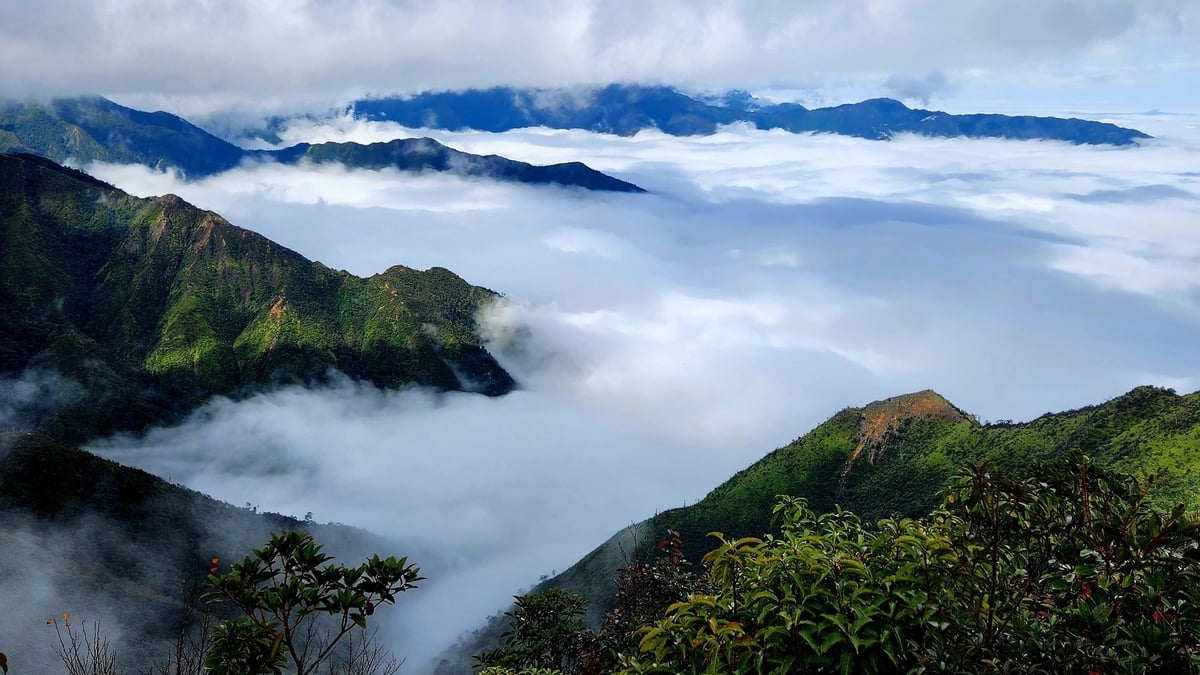
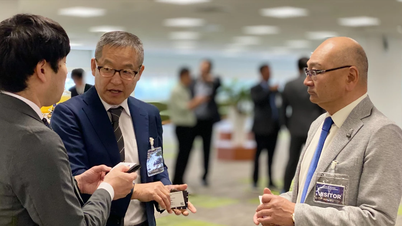

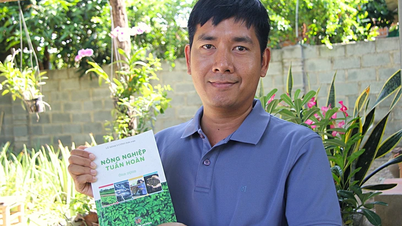

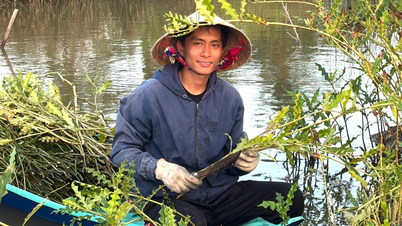

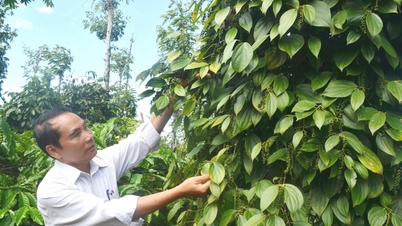



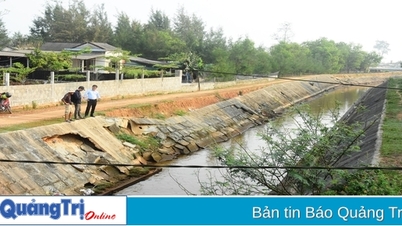
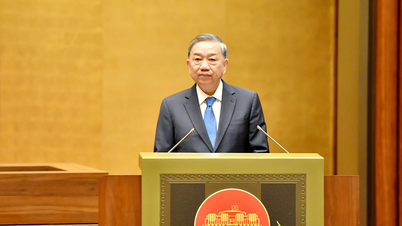

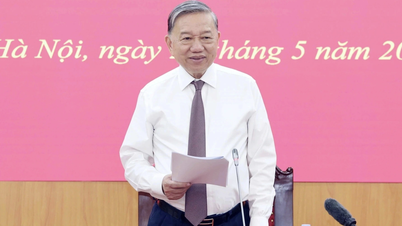


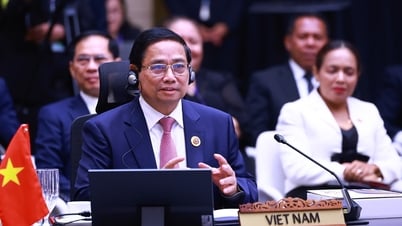

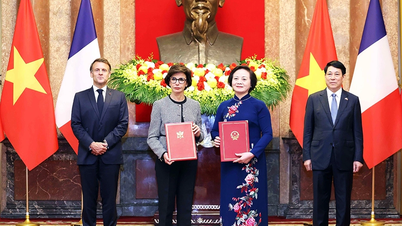





![Positive changes in combating IUU fishing: [Part 2] Promoting technology and digital transformation](https://vphoto.vietnam.vn/thumb/402x226/vietnam/resource/IMAGE/2025/4/5/32f7e0cdbf184c74b9a45330a68911eb)
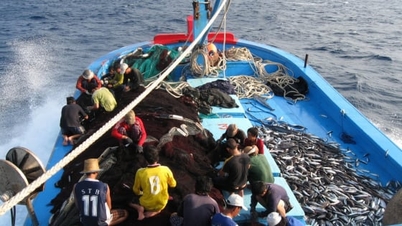
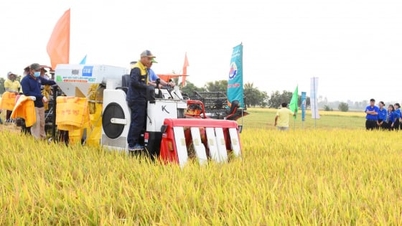
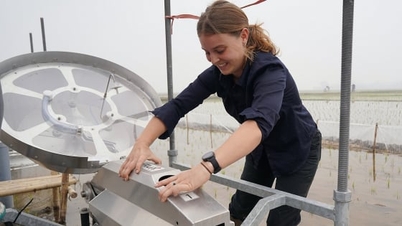
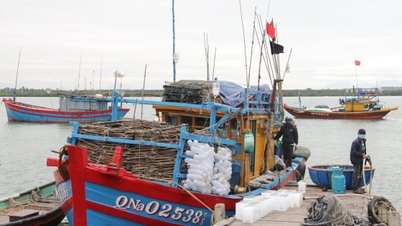






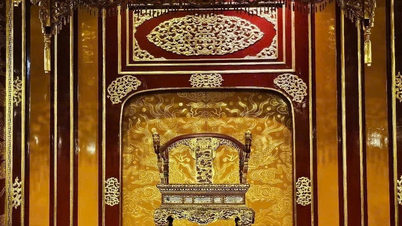
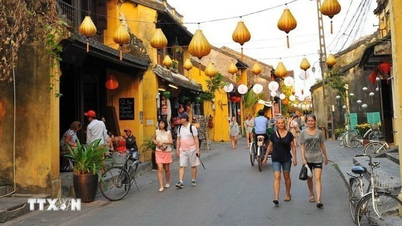



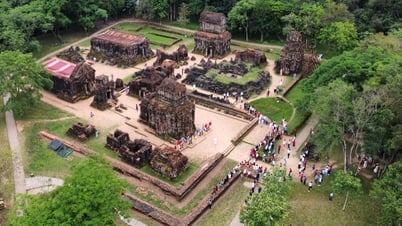







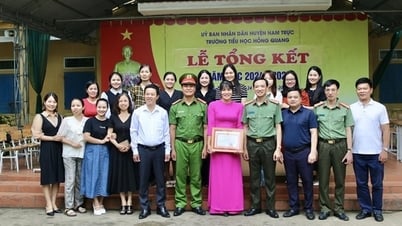



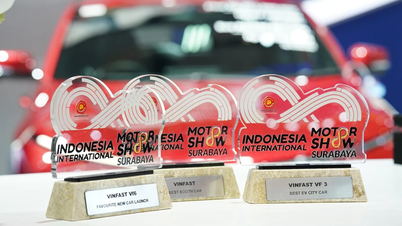





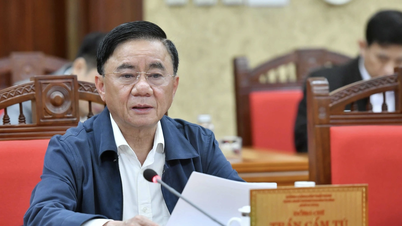
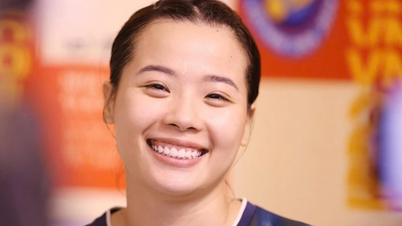
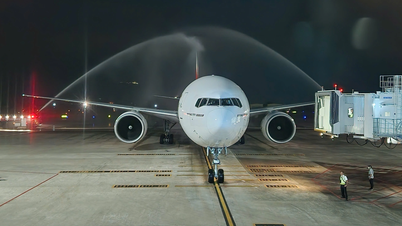
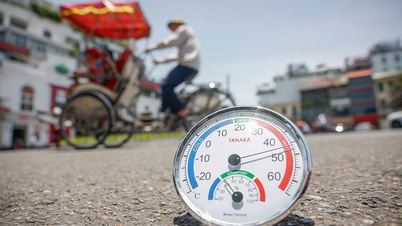



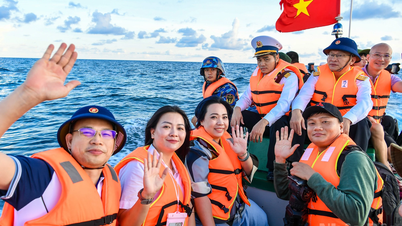
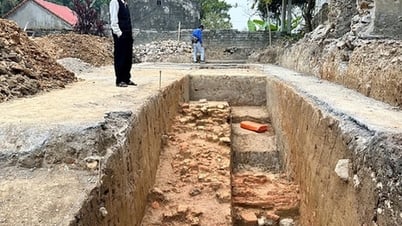

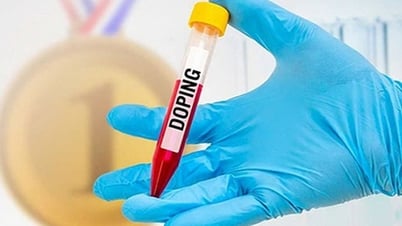
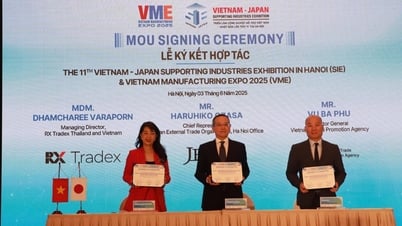

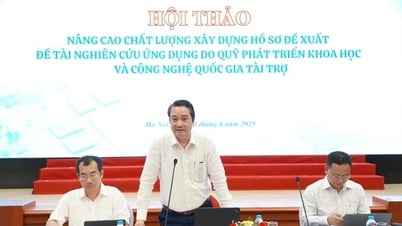

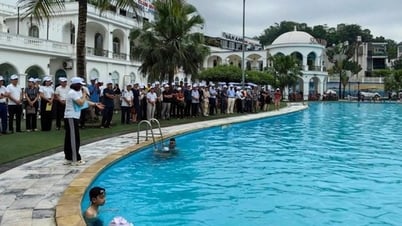
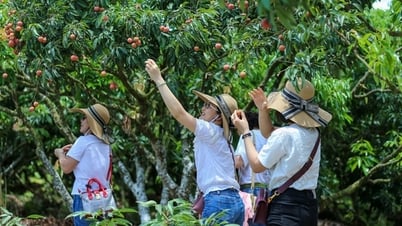


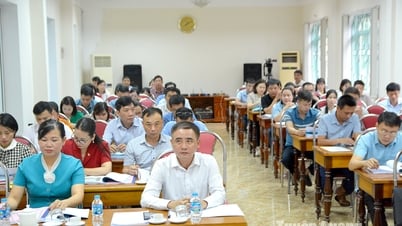

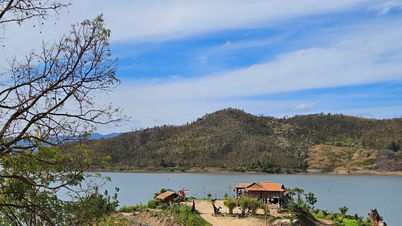
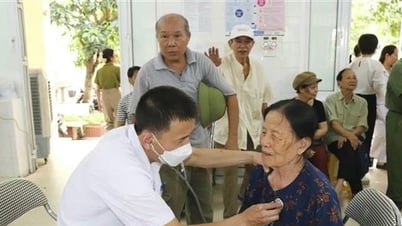

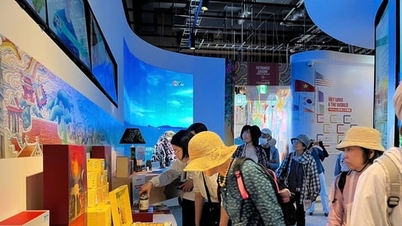
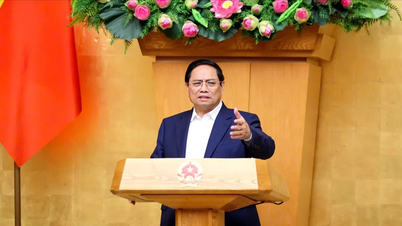







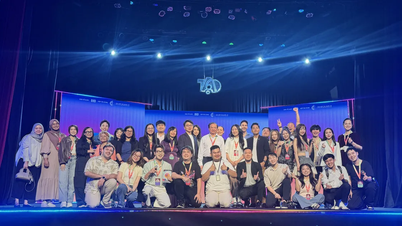
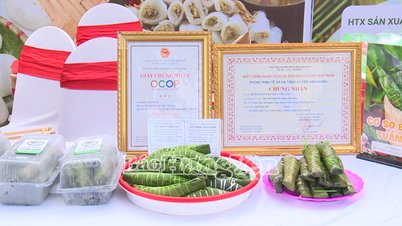





Comment (0)